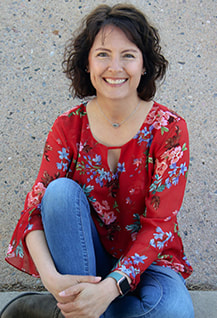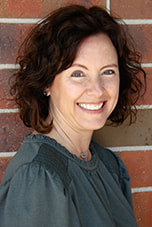|
This post was originally published on 4/19/19 and has been updated and republished on 3/13/24. As spring approaches, I itch to plant and get my hands in the dirt! I have been a coach and consultant in private practice since 2011, and my experience has taught me several things. All of them are similar to tending a garden.
You do not have to be a solopreneur for this garden metaphor to resonate. Your professional garden represents relationships, projects, work streams, divisions, and responsibilities. As Spring descends, consider not only what you plant in your actual garden at home but also your professional one. Is your garden growing by design, or is it accidental? What needs pruning or watering? Is the soil ready for something new? The brain has 100 billion neurons, which we call brain cells. The heart has about 40,000 neurons, and it can sense, feel, learn, and remember; it is your heart-brain. The gut has 100 million neurons in the intestines; it is often referred to as the gut-brain. As a coach, I believe great work happens when clients are willing to access all three of these domains in coaching sessions to make sense of their leadership, challenges, wins, and career trajectory. Based on years of coaching and deep listening, I can quickly pick up on the preferred orientation of a client. Some are clavicle-up and need some coaching to drop into the heart space. Others lead with emotion, and I may have to ask questions to help them think critically through the issues they face. Then there are those few who let the gut-check guide them even when there is contrary information that might suggest a different path. My coaching in this scenario is to help them become aware of the impact of their decision making. There is never a domain that is always right or always wrong. Our hearts and brain have a dynamic relationship and can inform the other; they can also disagree. Often the gut is the deal-breaker when wrestling with decisions or a course of action. The important thing for a client is to pay attention to all three ways of sense-making to identify where their domains agree and where they conflict.
It also takes courage for a client to be coached in domains that are least preferred. Dealing with logic, emotion, and gut-checks are not always easy. Those who are willing to do this hard work are often the clients who grow the most. In my previous posts in this series of how to be a good client, I reference the importance of reflection, sharing your story, and having an objective when working with a coach. When clients also show a willingness to stretch into different ways of knowing and making sense of themselves, significant work is accomplished. It is also true you do not need a coach to ask yourself three essential questions regularly. What am I thinking? What am I feeling? What is my gut telling me? Photos by Ansh Minchekar & Robina Weermeijer on Unsplash |
Carrie Arnold, PhD, MCC, BCCIn no particular order: Author | Dog mom | Speaker | Reader | Mom to human offspring | Wife | Lover of Learning | Leadership coach & consultant, The Willow Group | Faculty for Evidence-Based Coaching at Fielding Graduate University
�
Categories
All
|
The Willow GroupCarrie Arnold, PhD, MCC
|
Silenced and Sidelined: How Women Leaders Find Their Voices and Break Barriers
|
|
© 2020 The Willow Group, LLC








